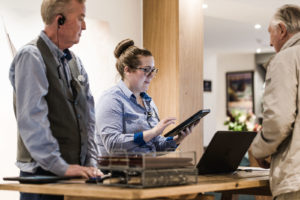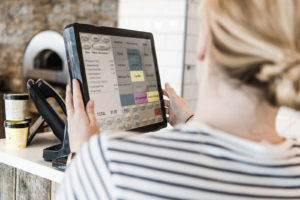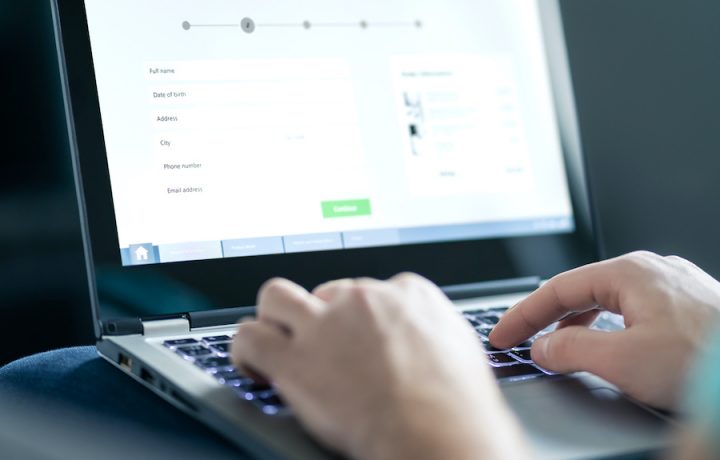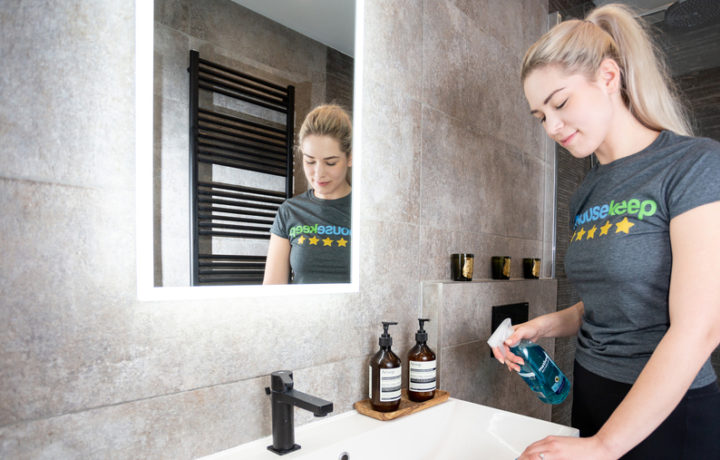Technology
An opportune time to fast-track digital change
 Despite causing numerous setbacks, the coronavirus crisis has given St Michaels Resort in Cornwall a golden opportunity to embrace digital change future-proof the business.
Despite causing numerous setbacks, the coronavirus crisis has given St Michaels Resort in Cornwall a golden opportunity to embrace digital change future-proof the business.
Thousands of UK hospitality businesses were forced to press “pause” on the trading in March, and there can’t have been many that used the pandemic as a chance to relax.
Louise Uys-Jones, resort director at St Michaels in Falmouth, for example, has been as busy over the past three months as she has ever been.
“We tried to see the positives in this,” she explained. “Hotels never get the opportunity to stand still, reassess and revaluate what they’re doing, so one of the things we did was as much maintenance of guest-facing areas as we possibly could squeeze into this time.”
While 152 of the resort’s 160 staff were – and, at the time of writing, still are – on furlough, it was all-hands-on deck for the maintenance team who stayed on to revamp the kitchen, refurbish a number of bedrooms and tackle all those niggling issues that every hotel wishes it had time for.
An IT revolution
The makeover, however, went much deeper. “We really took this opportunity to focus on the IT systems that we had,” added Louise. “We asked: are they fit for purpose? What do we need to do to make them in-line with the new coronavirus reality? Could we change them to make them better and more efficient and improve the guest experience?”

No less than four major systems that help prop up the business are now in the process of being overhauled. The first under the miscroscope was the resort’s EPOS (electronic point of sale) system. “We’re looking to make that completely paperless,” Louise revealed, “with handheld devices to take orders and apps for guests to have on their own phone – much like at Wetherspoons where you can sit at your table and order.”
It’s more environmentally–friendly and efficient, she added, and will cut down on risk to staff and guests because there will be less interaction with menus and paper.
“We’re also looking at our health and safety system – where we can keep all our risk assessments and food-related health and safety information in one place. It’s called Food Alert and we think it is something that can really lower our risk profile.”
The resort is also looking to change its finance package in order to become paperless, to introduce better reporting and more of an end-to-end process that includes a procurement module. But it’s the fourth new software system that Louise said she is most excited about.
“It’s a training and performance appraisal system called Flow. Many hospitality companies use it, and we think it is the one that will help our team the most. It’s what we will use for all our online statutory training, but this is also where we will map out someone’s whole career path with St Michaels. It’s a phenomenal system.”
Logistical concerns
 While the crisis certainly looks set to accelerate the resort’s digital readiness for the years ahead, there have been more pressing, logistical concerns to wrestle with too. “One thing we have worked out is that we can implement a one-way system around the hotel if that’s what it takes to open as soon as possible,” Louise commented. “But we don’t know if that’s going to be compulsory. We’ve also painted our biggest function room next to our restaurant and set it out exactly the same as the restaurant to help with social distancing.”
While the crisis certainly looks set to accelerate the resort’s digital readiness for the years ahead, there have been more pressing, logistical concerns to wrestle with too. “One thing we have worked out is that we can implement a one-way system around the hotel if that’s what it takes to open as soon as possible,” Louise commented. “But we don’t know if that’s going to be compulsory. We’ve also painted our biggest function room next to our restaurant and set it out exactly the same as the restaurant to help with social distancing.”
Next on the snag list is the immediate training that staff will need in order to get up to speed with the resort’s new way of working. While furloughed staff are legally allowed to undergo training, she isn’t sure the furlough scheme would extend to bringing them all in for two days for some hands-on experience. If not, that’s a cost of £15,000 per day that the hotel would have to swallow.
The list of things to deal with seems never–ending and includes such puzzling matters as how to make up the likely eight per cent loss in revenues that will result from the expected disappearance of corporate bookings, and how to continue offering spa treatments without guests feeling like they’re being massaged by someone in a hazmat suit. But Louise refuses to be weighed down by the problems.
“It’s a scary, scary time, but the owners really see this as an opportunity,” she said. “From the start they said to me: what do you want, what do you need, what would you do differently? They told me to see this time as a gift, because who ever has the time to examine these things while they are in motion?”
Louise’s top 3 tips
- Negotiate
You have to speak to your creditors. Don’t just stay quiet – we were honest with them and we’ve had a phenomenal response. You have to really appeal to people’s generosity. - Support the team
This should be continuous engagement because they are finding this time very disconcerting. Even if we have no news and just post silly pictures, or are doing a quiz or competitions, we’re letting them know we’re all in the same boat. - Have options
Make more than one plan, because you need contingency plans for multiple different scenarios.


